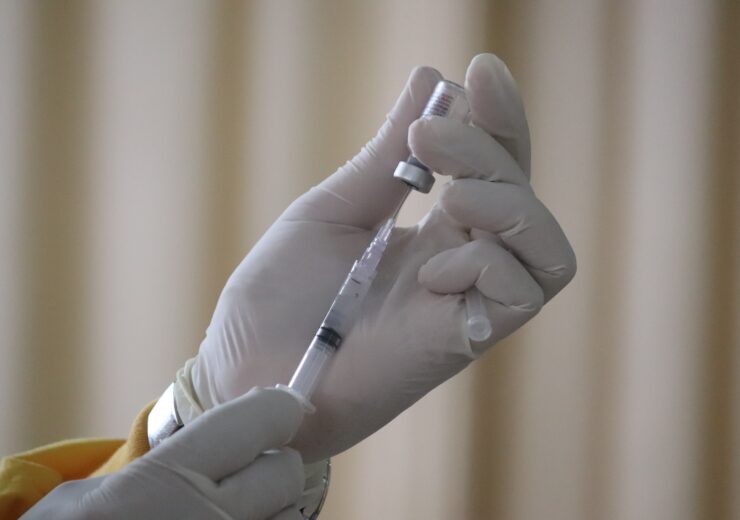The approval in China was based on the results from the global Phase 3 ADAPT trial in which VYVGART met its primary endpoint with a positive response on the MG-ADL scale

VYVGART is now approved in China as an add on to standard therapy to treat patients with GMG who are AChR antibody positive. (Credit: Mufid Majnun on Unsplash)
China’s National Medical Products Administration (NMPA) has approved the biologics license application (BLA) of Zai Lab and argenx for VYVGART (efgartigimod alfa injection) to treat generalised myasthenia gravis (GMG) in China.
VYVGART has been approved as an add-on to standard therapy for the treatment of adult patients with GMG who are anti-acetylcholine receptor (AChR) antibody positive.
Zai Lab, a Chinese biopharmaceutical company, will now work with the National Healthcare Security Administration (NHSA) for National Reimbursement Drug List (NRDL) inclusion to allow more access for patients.
VYVGART is a human IgG1 antibody fragment that targets the neonatal Fc receptor (FcRn) to lower circulating IgG autoantibodies.
Zai Lab founder, chairperson and CEO Samantha Du said: “We are pleased to have the NMPA’s approval for VYVGART for intravenous use. This important milestone brings forward a novel treatment for gMG patients who face many challenges living with this complex and difficult-to-control autoimmune disease.
“We appreciate the NMPA for their thorough assessment of VYVGART, recognizing its differentiated profile and the large unmet medical need in China.
The approval was based on the results from the global Phase 3 ADAPT trial.
During the first treatment cycle in the trial, VYVGART met its primary endpoint.
According to the findings, 68% of anti-AChR antibody-positive gMG patients treated with the FcRn antagonist were responders on the Myasthenia Gravis Activities of Daily Living (MG-ADL) scale compared with 30% of patients treated with a placebo.
Zai Lab defined the responders as those having at least a two-point reduction on the MG-ADL scale sustained for four or more consecutive weeks.
Additionally, the study found 68% responded on the Quantitative Myasthenia Gravis (QMG) scale following treatment with VYVGART compared with 14% of patients treated with a placebo.
Argenx CEO Tim Van Hauwermeiren said: “This approval by the NMPA for VYVGART, our sixth approval globally, is the first-and-only FcRn blocker available for people living with gMG in China.
“This is another milestone on our path to redefine what well-controlled means for gMG patients and underscores our longstanding commitment to the global gMG community.
“We celebrate this achievement with our partner, Zai Lab, who shares our mutual passion to bring needed innovation to people with gMG in China.”
